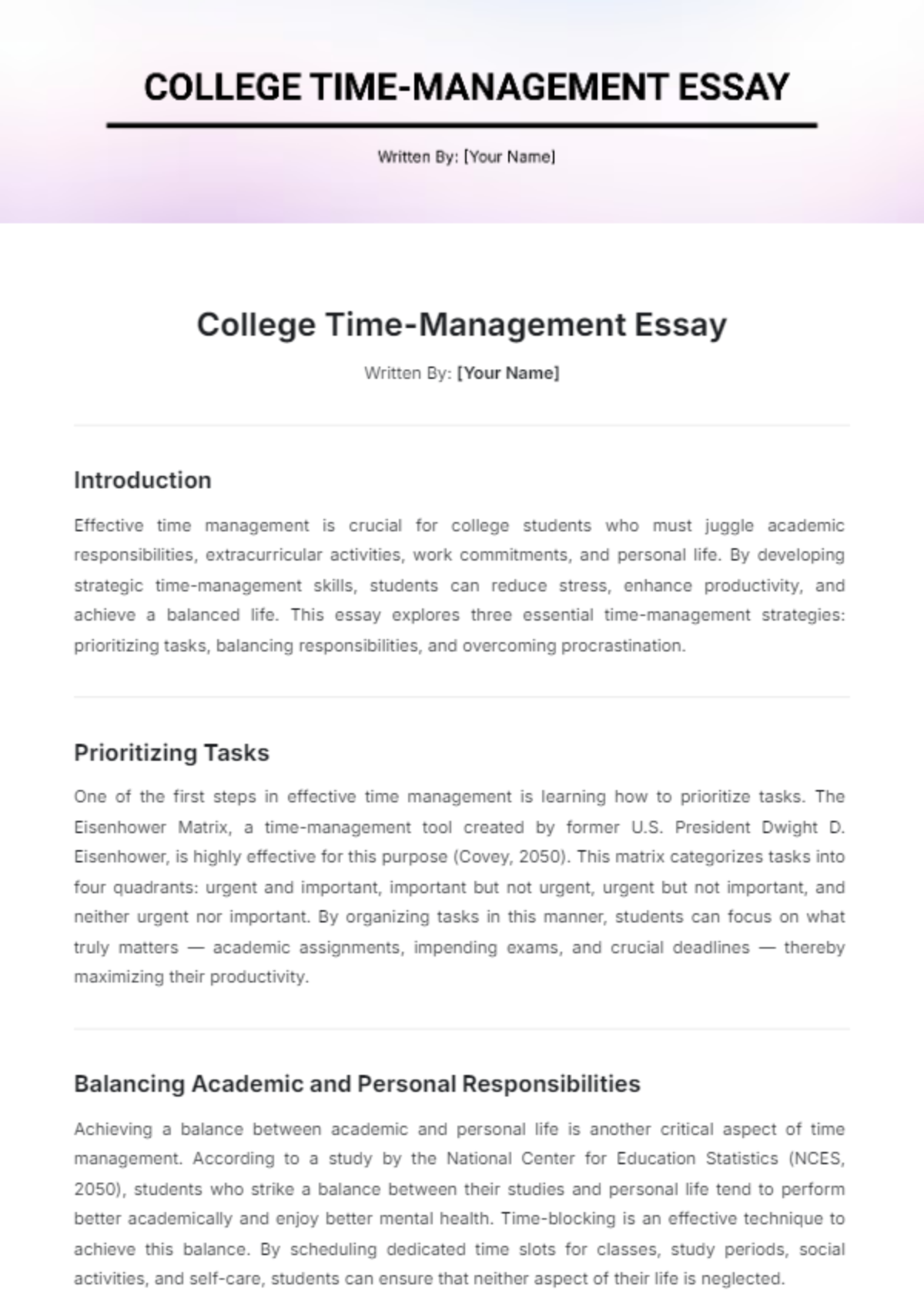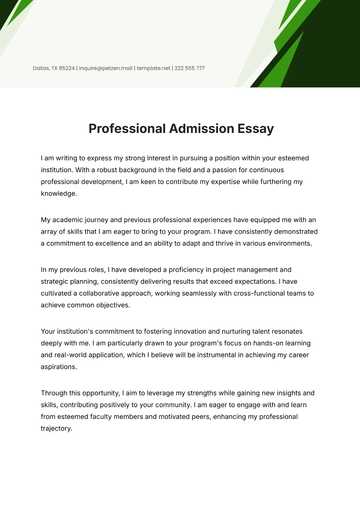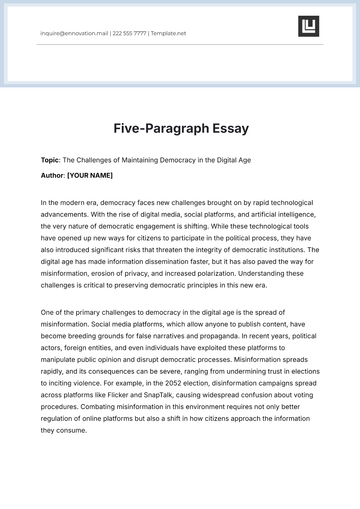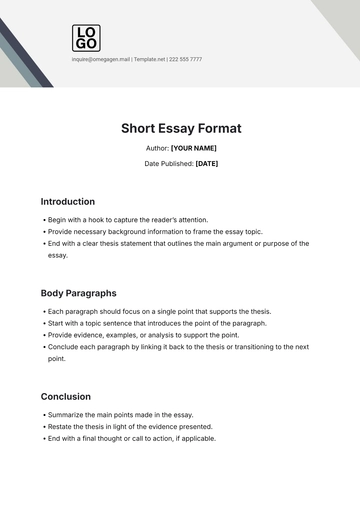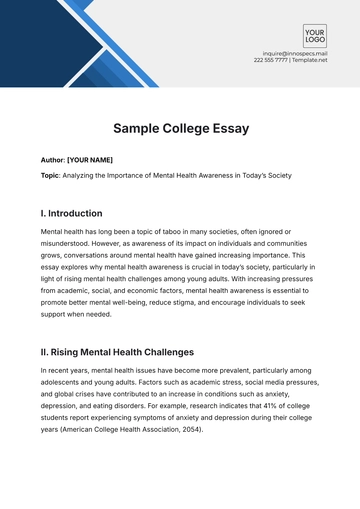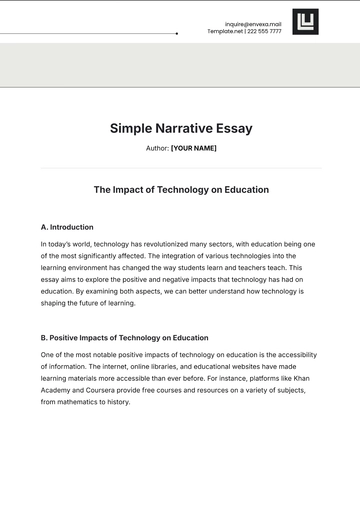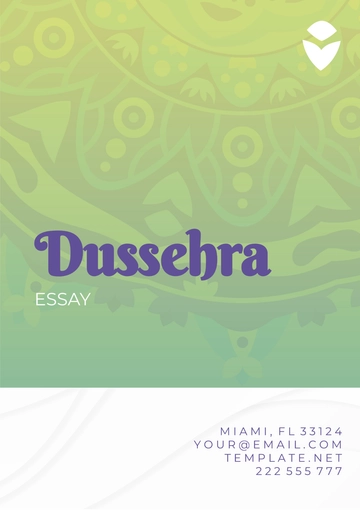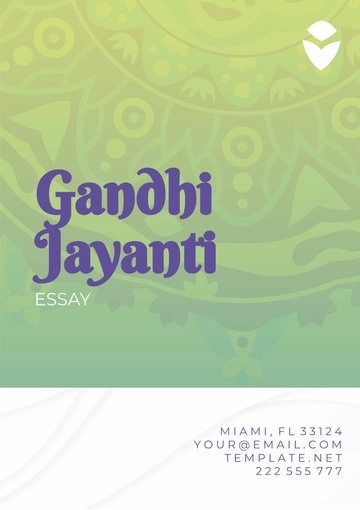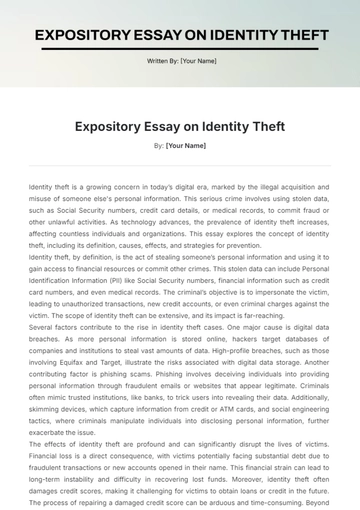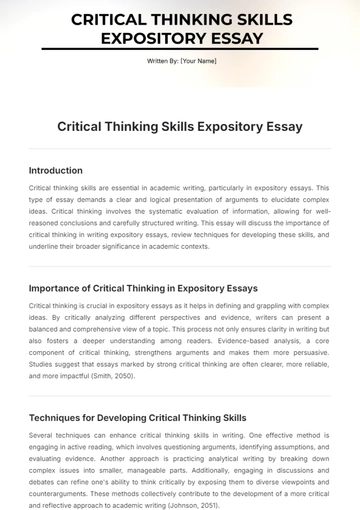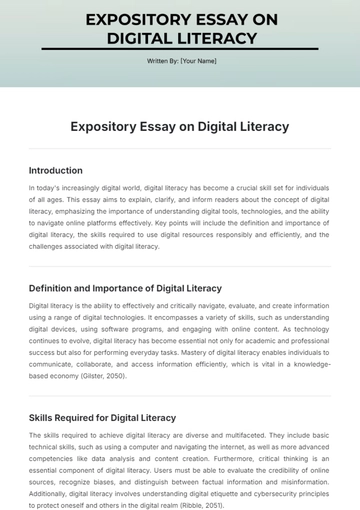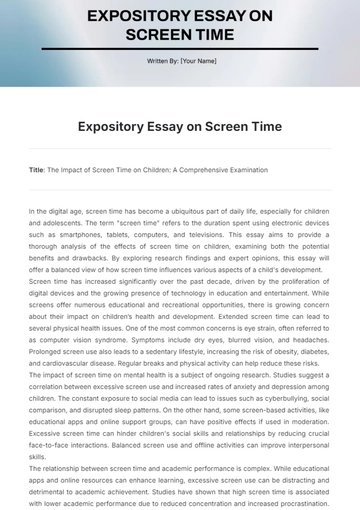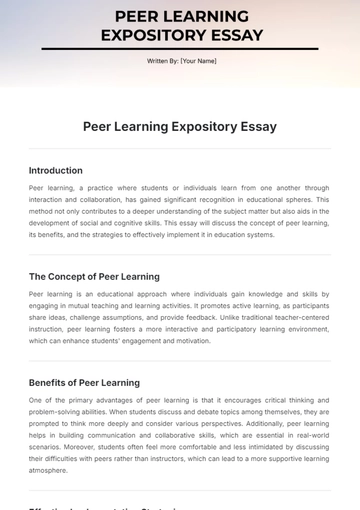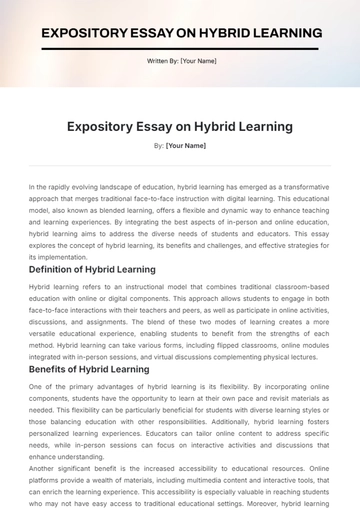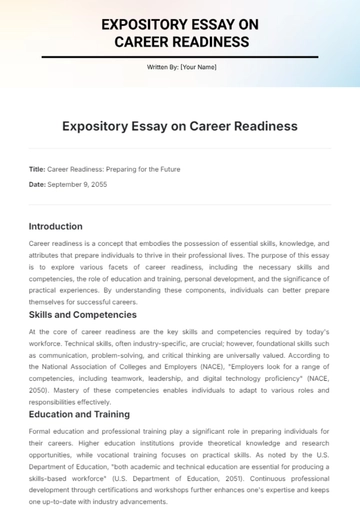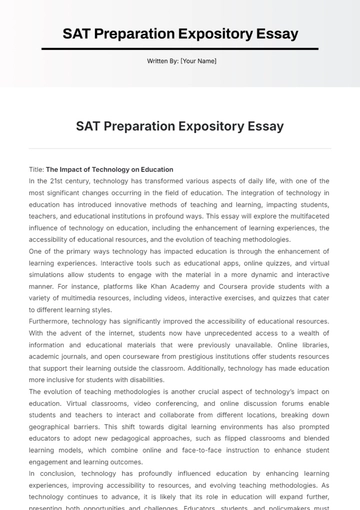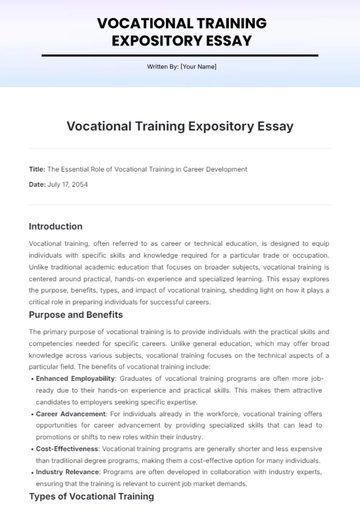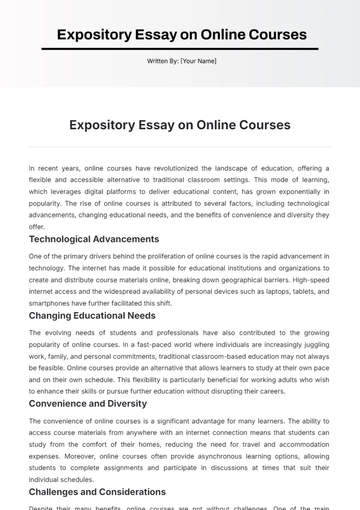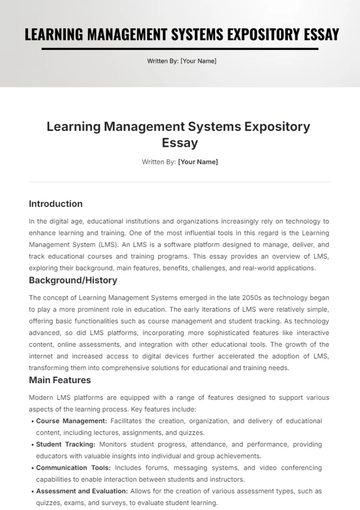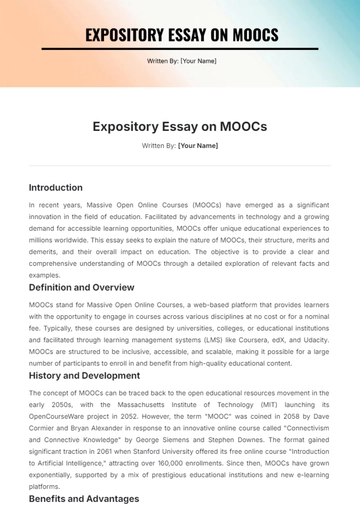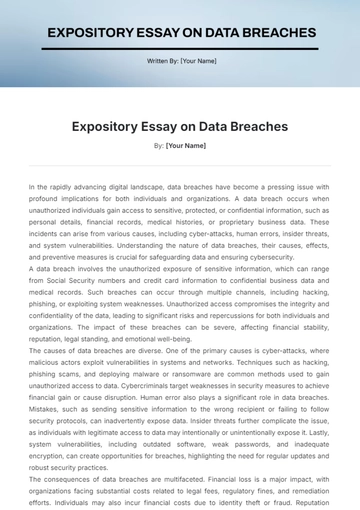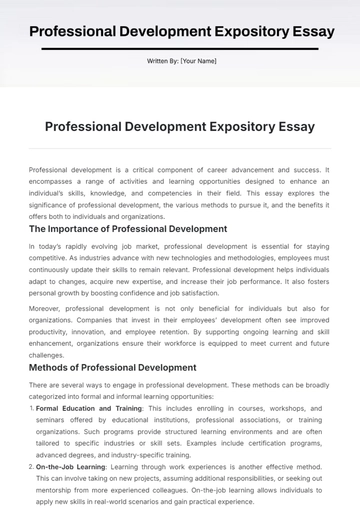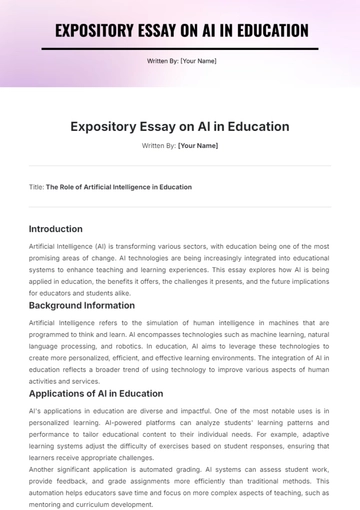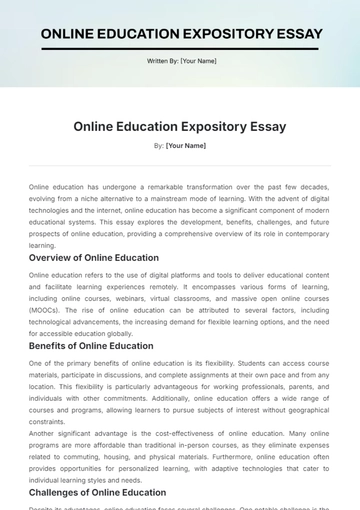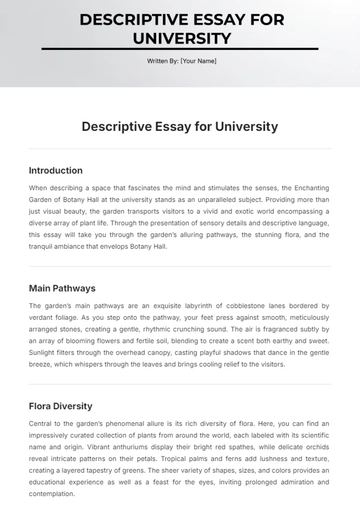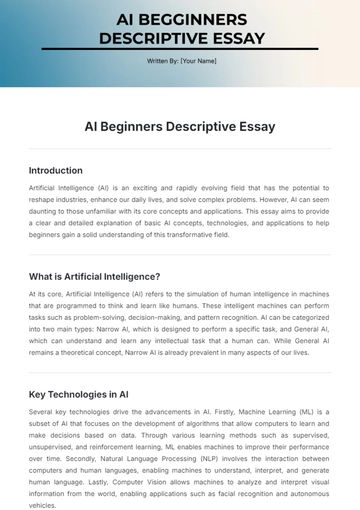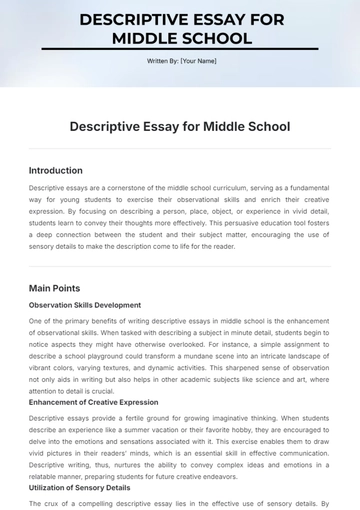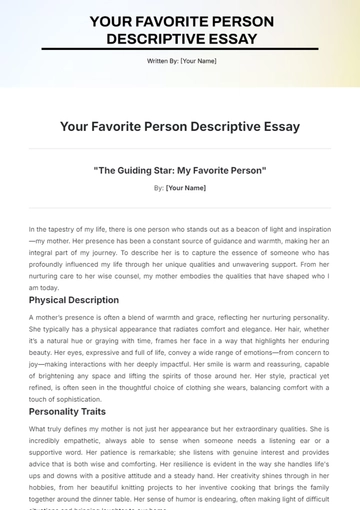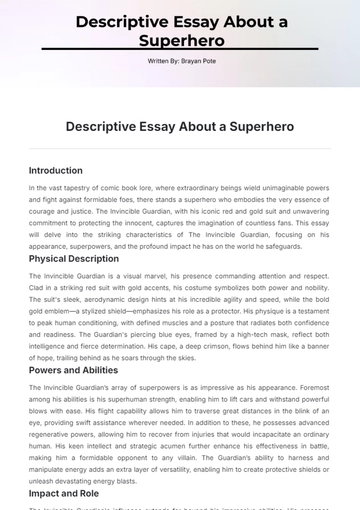College Time-Management Essay
Written By: [Your Name]
Introduction
Effective time management is crucial for college students who must juggle academic responsibilities, extracurricular activities, work commitments, and personal life. By developing strategic time-management skills, students can reduce stress, enhance productivity, and achieve a balanced life. This essay explores three essential time-management strategies: prioritizing tasks, balancing responsibilities, and overcoming procrastination.
Prioritizing Tasks
One of the first steps in effective time management is learning how to prioritize tasks. The Eisenhower Matrix, a time-management tool created by former U.S. President Dwight D. Eisenhower, is highly effective for this purpose (Covey, 2050). This matrix categorizes tasks into four quadrants: urgent and important, important but not urgent, urgent but not important, and neither urgent nor important. By organizing tasks in this manner, students can focus on what truly matters — academic assignments, impending exams, and crucial deadlines — thereby maximizing their productivity.
Balancing Academic and Personal Responsibilities
Achieving a balance between academic and personal life is another critical aspect of time management. According to a study by the National Center for Education Statistics (NCES, 2050), students who strike a balance between their studies and personal life tend to perform better academically and enjoy better mental health. Time-blocking is an effective technique to achieve this balance. By scheduling dedicated time slots for classes, study periods, social activities, and self-care, students can ensure that neither aspect of their life is neglected.
Overcoming Procrastination
Procrastination is a common challenge among college students and can severely hinder academic performance. Research by Steel (2050) indicates that procrastination often stems from a lack of self-regulation. Techniques such as the Pomodoro Technique, where work is divided into intervals with short breaks, can significantly reduce the habit of procrastination (Cirillo, 2050). Additionally, setting smaller, attainable goals and rewarding oneself upon completion can foster a more disciplined and productive approach to tasks.
Conclusion
Effective time management is crucial for college success and well-being. Prioritizing tasks with tools like the Eisenhower Matrix helps students focus on critical assignments and deadlines. Time-blocking balances academic and personal responsibilities, while strategies like the Pomodoro Technique combat procrastination and maintain focus. By applying these techniques, students can navigate college more efficiently, reduce stress, and achieve a balanced and rewarding experience.
References
Steel, P. (2050). The nature of procrastination: A meta-analytic and theoretical review of quintessential self-regulatory failure. Psychological Bulletin, 133(1), 65-94. https://doi.org/10.1037/0033-2909.133.1.65
Essay Templates @ Template.net
